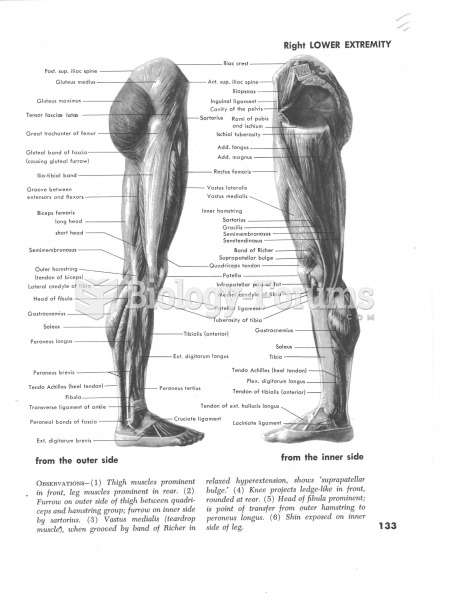This topic contains a solution. Click here to go to the answer
|
|
|
Did you know?
You should not take more than 1,000 mg of vitamin E per day. Doses above this amount increase the risk of bleeding problems that can lead to a stroke.
Did you know?
Calcitonin is a naturally occurring hormone. In women who are at least 5 years beyond menopause, it slows bone loss and increases spinal bone density.
Did you know?
The horizontal fraction bar was introduced by the Arabs.
Did you know?
The longest a person has survived after a heart transplant is 24 years.
Did you know?
There are more bacteria in your mouth than there are people in the world.







